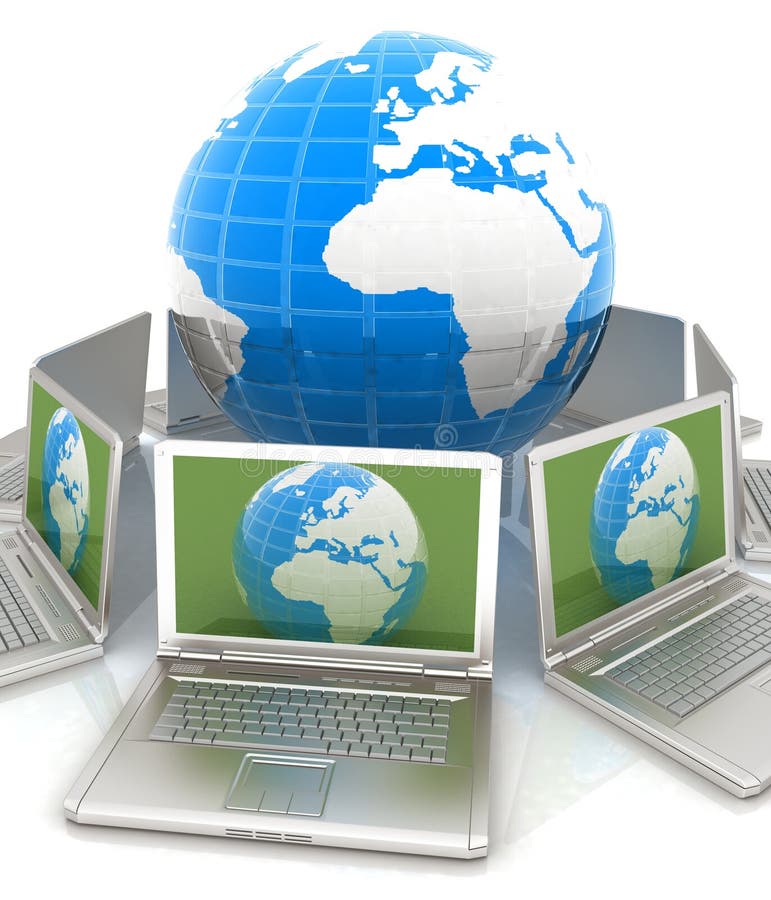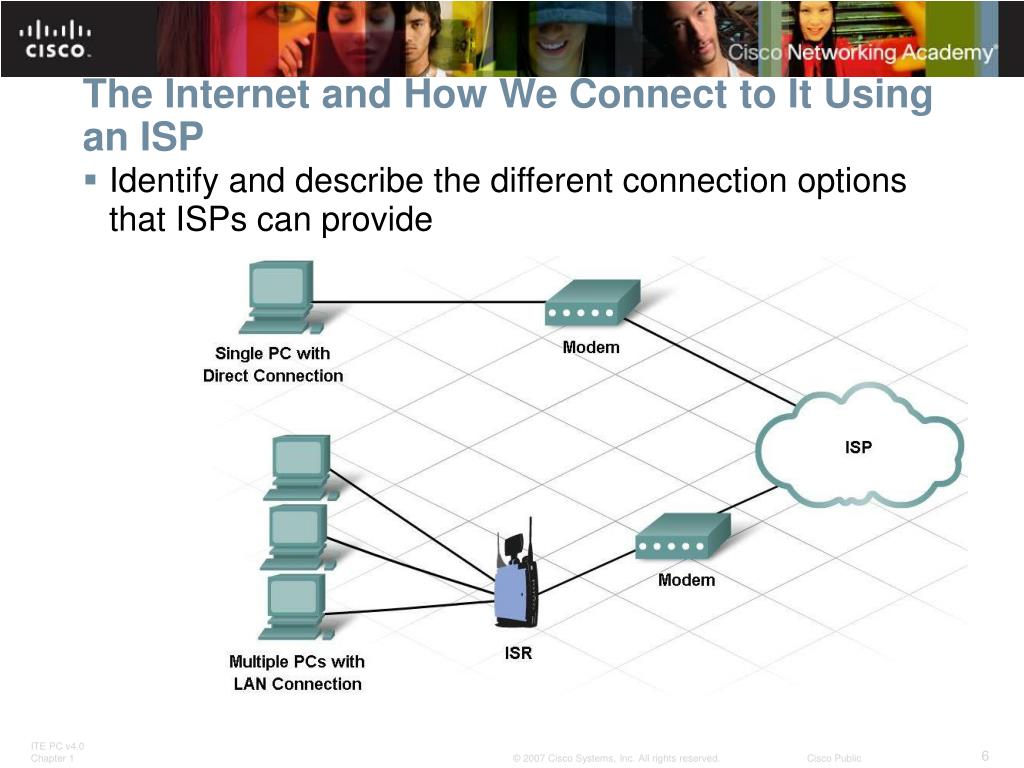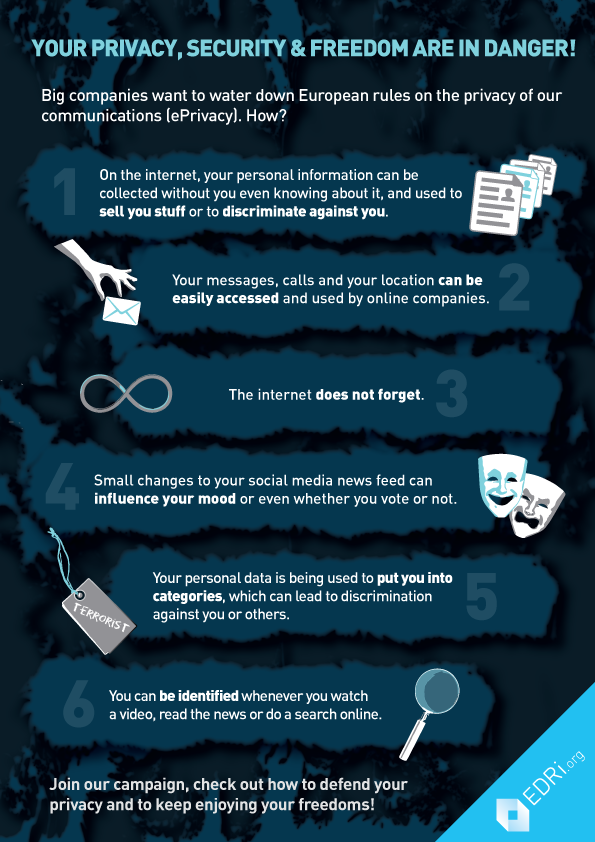Internet Presentation
| Introduction to the Internet | ||
|---|---|---|
| The Internet is a global network of computers that allows individuals and organizations to connect and communicate. It has revolutionized the way we access information, communicate, and conduct business. The Internet has become an integral part of our daily lives, impacting various aspects such as education, entertainment, and commerce. | ||
| 1 | ||
| Accessing the Internet | ||
|---|---|---|
| To access the Internet, you need an Internet Service Provider (ISP) which provides a connection through various methods like broadband, DSL, or dial-up. Devices such as computers, smartphones, and tablets can be used to access the Internet. Wi-Fi technology enables wireless connections, making it easy to access the Internet from anywhere within range. | ||
| 2 | ||
| Communication and Collaboration | ||
|---|---|---|
| The Internet enables communication through various tools such as email, instant messaging, and social media platforms. Video conferencing allows real-time communication between individuals or groups located in different parts of the world. Online collaboration tools like shared documents and project management platforms facilitate teamwork and productivity. | ||
| 3 | ||
| Information and Knowledge | ||
|---|---|---|
| The Internet provides a vast amount of information on almost any topic through websites, online encyclopedias, and search engines like Google. Online learning platforms and educational resources enhance access to knowledge and enable distance education. Digital libraries and archives preserve and provide access to books, journals, and historical documents. | ||
| 4 | ||
| E-commerce and Online Shopping | ||
|---|---|---|
| The Internet has transformed the way we shop, making online shopping convenient and accessible. E-commerce platforms allow businesses to sell products and services online, reaching a global customer base. Secure payment gateways and encryption technologies ensure safe online transactions. | ||
| 5 | ||
| Entertainment and Media | ||
|---|---|---|
| Streaming services like Netflix, YouTube, and Spotify provide on-demand access to movies, TV shows, music, and podcasts. Online gaming platforms allow multiplayer gaming experiences and interactions with gamers worldwide. Social media platforms offer entertainment, news updates, and a means of connecting and sharing with others. | ||
| 6 | ||
| Privacy and Security | ||
|---|---|---|
| Online privacy and security are important considerations in the digital age. Measures like secure connections (HTTPS), strong passwords, and two-factor authentication help protect personal information. Antivirus software, firewalls, and regular software updates safeguard against malware and cyber threats. | ||
| 7 | ||
| Internet of Things (IoT) | ||
|---|---|---|
| The Internet of Things refers to the network of physical devices connected to the Internet, enabling them to collect and exchange data. IoT devices include smart home appliances, wearable technology, and industrial sensors, enhancing automation and efficiency. However, IoT also poses security and privacy risks due to the interconnected nature of devices. | ||
| 8 | ||
| Challenges and Opportunities | ||
|---|---|---|
| The digital divide, referring to the gap in Internet access and skills, poses challenges for equal access to opportunities and resources. Cyberbullying, online harassment, and misinformation are societal challenges associated with the Internet. The Internet also provides opportunities for entrepreneurship, innovation, and global collaboration. | ||
| 9 | ||
| Conclusion | ||
|---|---|---|
| The Internet has revolutionized the way we connect, communicate, access information, and conduct business. It has transformed various sectors such as education, entertainment, and commerce. While challenges exist, the Internet offers immense opportunities for individuals and societies to thrive in the digital age. | ||
| 10 | ||









